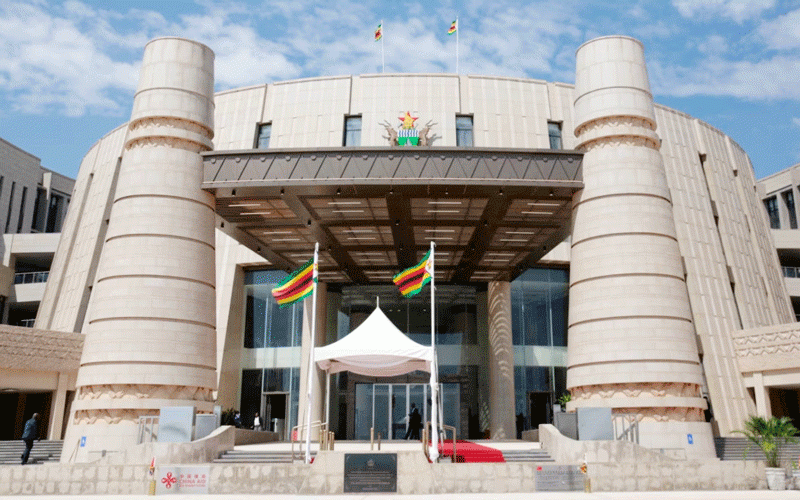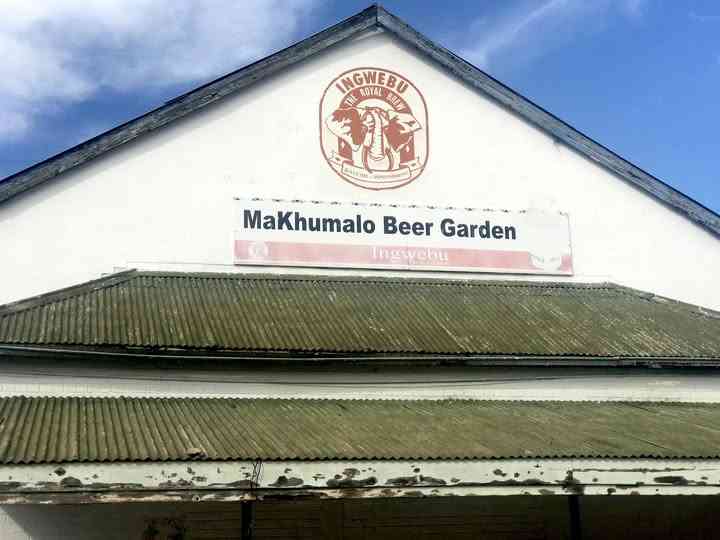
BY STYLE REPORTER
THE emergence of the Covid-19 pandemic has brought countless challenges for the arts sector with creatives having to live precariously owing to restrictions and lockdowns over the past year.
For musicians, a ban on public gatherings over the past year has meant little to no income as they mainly depended on music concerts and festivals for sustenance.
This has seen others rush to devise ways of making money via online platforms, starting non-related businesses or depending on handouts to sustain livelihoods.
The latter, however, has ushered in an unprecedented phenomenon of name-chanting with rich businesspeople and politicians seen taking advantage of struggling artistes’ influence to push personal agendas.
From mentioning names of rich people to massaging their egos at any given opportunity, advertising businesses in the middle of a love song and outright endorsement of political institutions, artistes are going all out in “singing for their supper”.
Musician Rockford “Roki” Josphats, who seems to have regained his lost mojo and has released two hits Uchandifunga and Zviriko under Passion Java Records, conceded recently that all had been lost and had the controversial preacher Passion Java to thank for reviving his career.
“My brother here, Passion Java, has lifted me out of a whole different mess,” Roki said in a recent interview with Zimpapers Television Network.
- Chamisa under fire over US$120K donation
- Mavhunga puts DeMbare into Chibuku quarterfinals
- Pension funds bet on Cabora Bassa oilfields
- Councils defy govt fire tender directive
Keep Reading
Roki is not alone in this predicament as there have been a number of instances where politicians have dangled the carrot in front of the artistes and dished out US$15 000 to Alick Macheso, Machanic Manyeruke, Tendai Manatsa, Selmor Mtukudzi, Baba Shupi, Sulumani Chimbetu, Seh Calaz, Stunner, Kadhija and music promoter Patson Chimbodza, among others.
The closed-door meeting, which was hastily organised by Chimbodza, drew wide condemnation with critics arguing that the cash handouts did not address the problems that artistes are facing during the pandemic.
Recently DJ Fanta5n of Chillspot Records posted on his Facebook page, Chill Spot Recordz, a picture of himself alongside Ras Caleb with Emmerson Mnangagwa Junior captioned “Emmerson Mnangagwa Jnr visited Mangoma depot. The ghetto buddies.”
The picture drew mixed reactions from fans with some questioning the underlying principle of the visit by the first son.
“Poverty does bad things to a human, worse when it’s human-induced poverty. Our already struggling artistes who are hard hit by the Covid-19 pandemic are in a very desperate situation and are willing to sing for their supper even if it means selling their soul for a meagre dollar,” says arts journalist and critic Plot Mhako.
According to Mhako, this is “an unhealthy horse and rider relationship with a carrot dangling from the front, but sadly it only sustains the rider”.
“The businesspeople and politicians are aware of the suffering, but also realise the creative value, impact and potential artistes have in influencing society and business so they are exploiting that,” he said.
True to his sentiments, the practice has made way for what are termed “culture vultures”, a grouping ready to invest pocket change to gain followers and relevance.
Another renowned musician, who spoke on condition of anonymity, said the failure of the arts sector to sustain artistes has led to them latching onto opportunities without considering the effects on the audience.
“It is quite sad that our artistes are falling into the traps of praising individuals and pushing agendas they would not normally do because of money,” said the artiste.
“Music is very powerful and influential so it is not fair to use it to take advantage of the listener as is being done by many nowadays.”
Since time immemorial, music has been used to induce feelings like happiness, hope and calmness. In some instances it influenced revolutions, however, in equal measure; it has also been used to influence deviance and immorality.
While music promoters have always been around, with casual mention in songs, the current situation where they are included in every aspect, virtually turning songs to be about them, is tantamount to greedy rent-seeking.
“We have always had mbingas (street lingo for rich sponsors) in the industry, but the type of yesteryear believed in and genuinely supported artistes,” the artiste said.
“A number of sungura songs gave shout-outs to such personalities, but they never took the limelight from the creatives like we see now.
“Nowadays, mbingas are literally milking and manipulating artistes for personal glory and fame. It’s the desperation in the industry.”
Renowned musician and producer Leonard Mapfumo said the music industry was just like any other business that needs investment.
“So, when you have businesspeople, regardless of what they do, just coming to invest into music, it is a welcome move,” Mapfumo said.
“The onus is with the artistes themselves to then align with the right people to invest in their business. These people [promoters] see the advantage of merging with brands to further their interests, but an artiste should see if what they do or stand for really has their own interest or if it will help them grow in a way or another.”
It is uncertain how the situation can be changed for the better since most artistes are talented, but very poor.
However, the trend of glorifying individuals, either businesspeople or politicians, is fast destroying creativity and although it may be hard to assess the damage at the moment, artistes are most likely set to regret in future.











